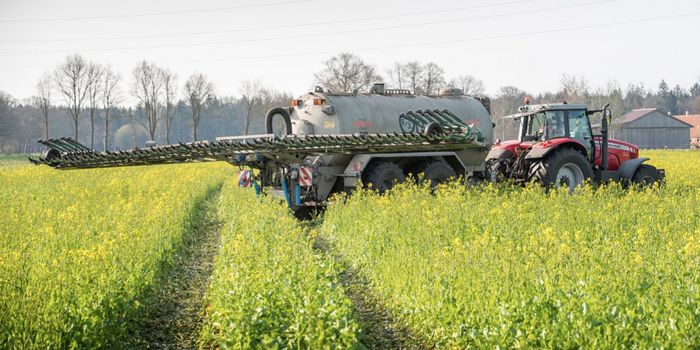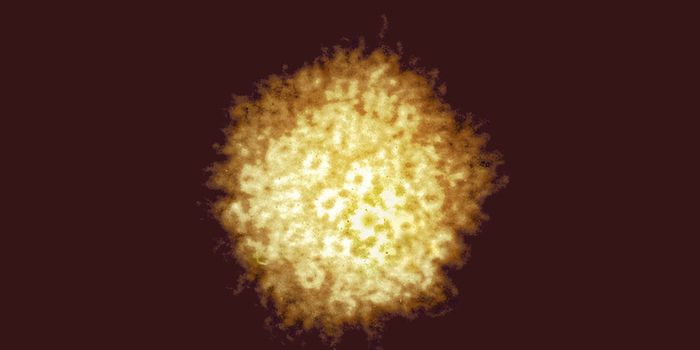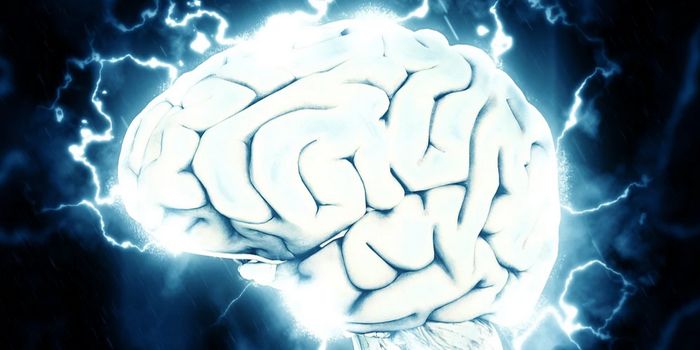A Molecular Mechanism Underlying Long-Term Memory is Revealed
Dementia refers to memory loss that commonly accompanies aging, and the most common form of dementia is Alzheimer's disease. There are still no treatment options that can effectively restore that memory loss, especially because there is a lot we don't know about how memories are formed. Researchers have now learned more about a molecular mechanism underlying the storage of memories. This work, which was reported in Science Advances, could help scientists develop therapeutics that can relieve dementia.
Previous work by this research group showed that the Nr4a subfamily is important to long-term memory. This work showed that during memory consolidation, Nr4a proteins control the activity of genes that encode for chaperone proteins. Those chaperone proteins move to an organelle called the endoplasmic reticulum (ER). The ER ensures that proteins are properly folded into their 3D structure, which is often essential to their function. The chaperone proteins form a complex in the ER, where they are involved in the folding of proteins that play an important role in long-term memory.
The function of Nr4a has been shown to be disrupted in a variety of cognitive disorders including Parkinson’s and schizophrenia. In a mouse model of Alzheimer's disease, this process was also shown to be impaired. The researchers reversed long-term memory dysfunction in that model by applying a chaperone or by overexpressing another.
"The role of protein folding machinery in long-term memory has been overlooked for decades," said first study author Snehajyoti Chatterjee, Ph.D., a research associate in the lab of Ted Abel, Ph.D., of the Iowa Neuroscience Institute.
Research has shown that both gene expression and protein production are required for long-term memory consolidation, and after something new is learned, many proteins are synthesized, said Chatterjee. "For proteins to be functionally active they need to be folded correctly. Our work demonstrates the conceptual idea that these chaperone proteins are the ones that actually fold the proteins to impact synaptic function and plasticity."
While this research won't be applied in the clinic just yet, the researchers are hopeful that the pathway described in this study can be used to create preventive treatments or therapeutics for neurodegenerative disease.
Sources: University of Iowa, Science Advances









